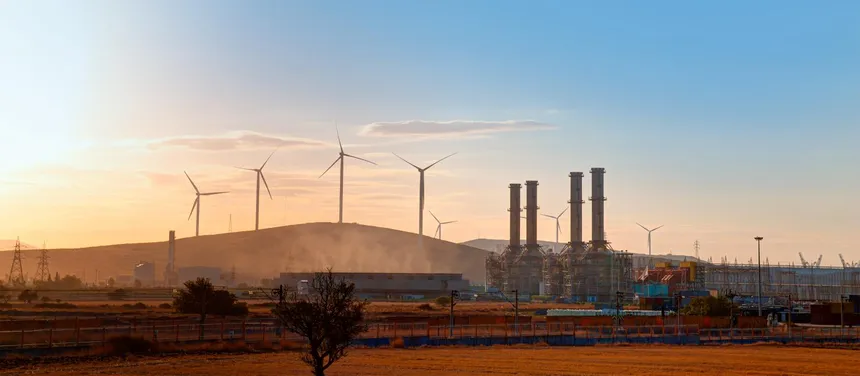Ireland, along with other European Union countries, is attempting to water down the bloc’s flagship nature law by introducing loopholes that would allow them to dodge certain targets. This move is driven by concerns over the economic impact of the proposal on agriculture and infrastructure, particularly in countries where peatlands are used for fuel and farmed land. The original proposal, put forth by the European Commission, aimed to set binding targets for countries to restore damaged natural environments, with a focus on peatlands.
The commission’s proposal would require countries to introduce measures restoring nature on 30 per cent of farmed peatlands by 2030, rising to 50 per cent by 2040 and 70 per cent by 2050. However, countries are seeking to weaken these targets, with Ireland wanting to reduce the extent of peatland rewetting to less than required if it is likely to have significant negative impacts on infrastructure, buildings, climate adaptation, or other public interests. This means that countries would only need to restore nature on 40 per cent of farmed peatlands by 2040 and 50 per cent by 2050.

Sacrificing Nature for Economic Gains Worry
Peatlands, which include bogs and other waterlogged ecosystems, are crucial for fighting climate change due to their ability to store CO2 and reduce climate impacts like floods. However, changes to these habitats are politically fraught, particularly in Ireland, where peatlands make up a fifth of the land and are often dried out for fuel and farmed. The Irish government has stated that it already has national targets to revive peatlands, but its efforts to weaken the EU’s proposal suggest otherwise.
The EU’s nature law has faced resistance from several quarters, including the European Parliament, where the biggest lawmaker group has called for the proposal to be rejected. The law is yet to be approved by both the EU countries and the parliament, and it seems likely that the watering down of the proposal will face opposition from environmental groups and others who prioritize nature conservation over economic interests.
As the debate surrounding the nature law continues, it raises questions about the moral obligations of governments to protect the environment and the impact that economic interests can have on the implementation of environmental policies. The fate of the nature law and the future of Europe’s natural habitats hang in the balance, and it remains to be seen whether countries will prioritize the well-being of the environment or sacrifice it for economic gains.











































